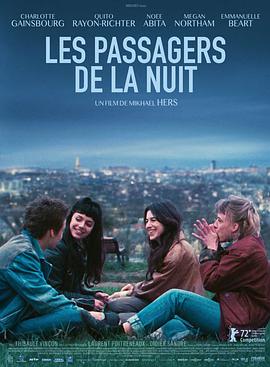Paris, 1981. The winds of change are blowing on election night and the French storm the streets, elated. But Élisabeth (Charlotte Gainsbourg) struggles to share the general mood of optimism. Her marriage is coming to an end and she will now have to support her family. She is distraught, and her father and teenage children are worried that her tears simply will not dry. But what if listening to her emotions could help her to start filling the blank page of her future? What if she were to write a letter on a whim to the host of her favourite radio programme? Or invite a homeless girl into her house? What would happen if she were to make the kind of gestures that actually change lives?
In this follow-up to the beautiful Amanda, Mikhaël Hers directs his hypersensitive gaze at the 1980s and the seemingly mundane moments in one family’s life that shape indelible memories. A large number of characters populates this nostalgic saga of self-invention. The director honours their vulnerability and kindness in a way that stands out in a cinematic landscape more often fascinated by disillusioned antiheroes. This is film at its most profoundly intimate and mesmerising, the kind that, when we reflect on how we function as a society, gives us an idea of why love matters.


